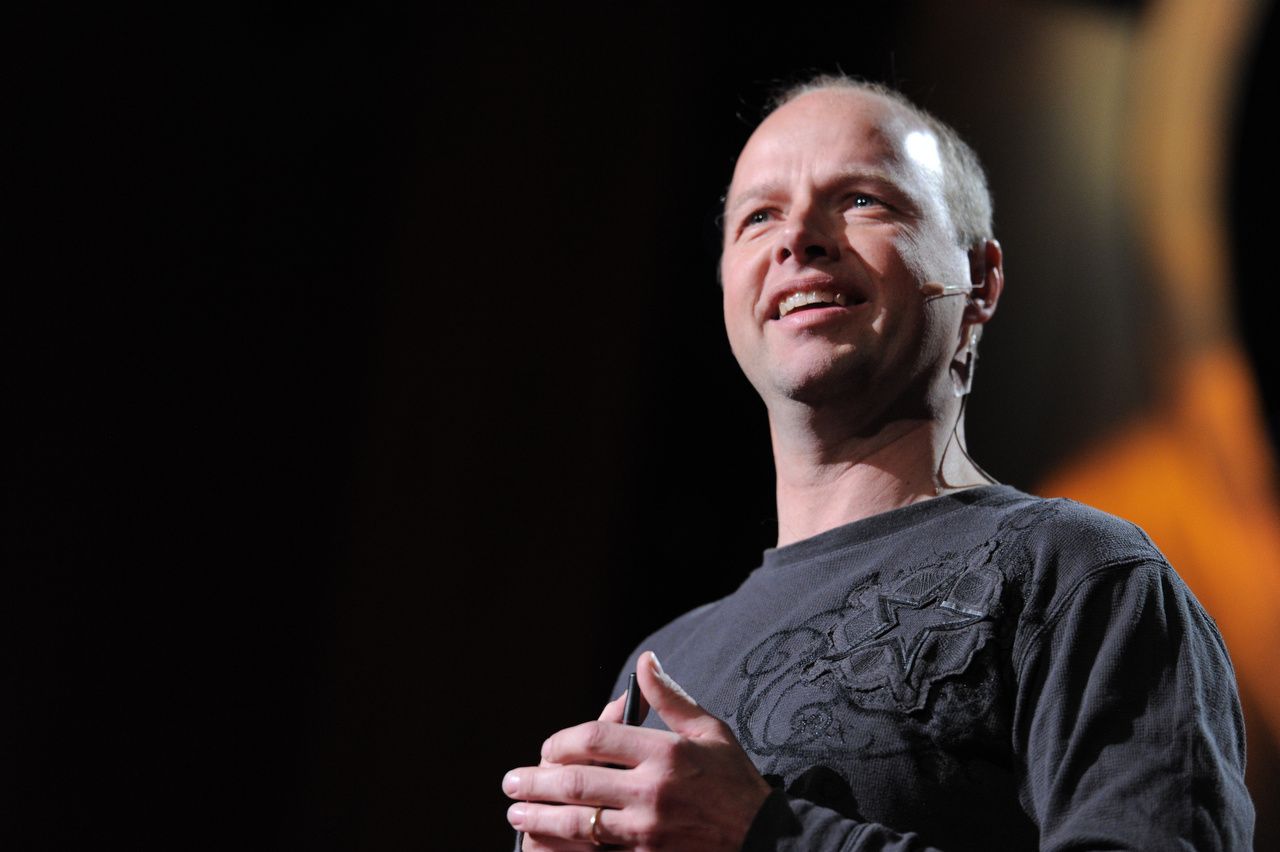
The biggest round of applause at Apple’s Worldwide Developers Conference keynote yesterday didn’t come when the company announced new versions of iOS and OS X, or even the new Apple Music service. It came when Apple’s vice president of engineering Craig Federighi announced that the company will open source the next version of its programming language Swift.
Why the excitement? Developers have demonstrated a growing preference for open source tools and platforms over the past 15 years. Apple, meanwhile, has pushed iOS developers towards its own in-house development technologies and away from third-party tools, such as Adobe Flash, that it deems inefficient. But even Apple can only risk alienating the developers on whom it relies for so many third-party apps and services so far. Coders have myriad options available to let them do their jobs the way they want; to keep them in-house, it turns out, Apple has to open up. Read more

















